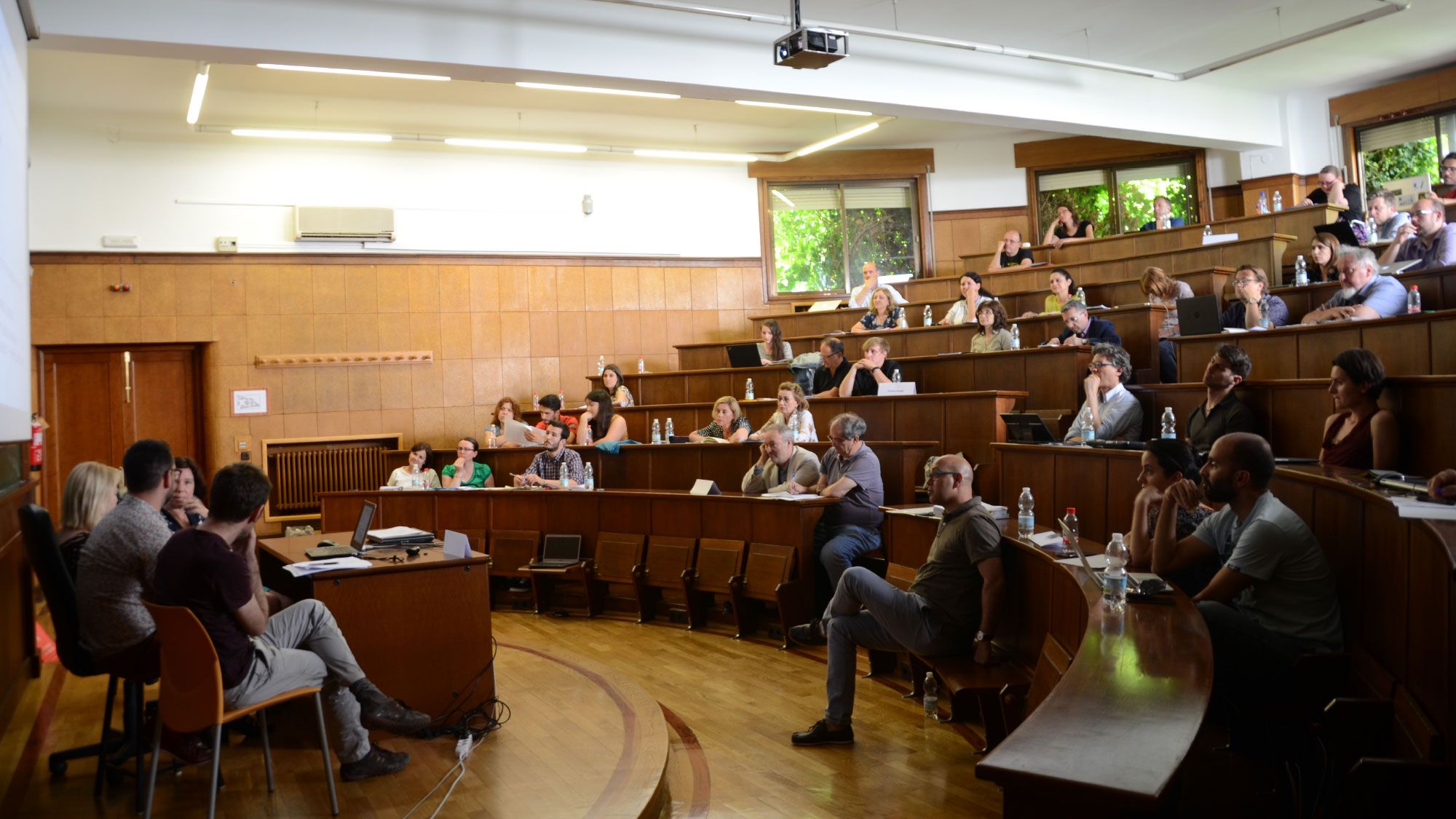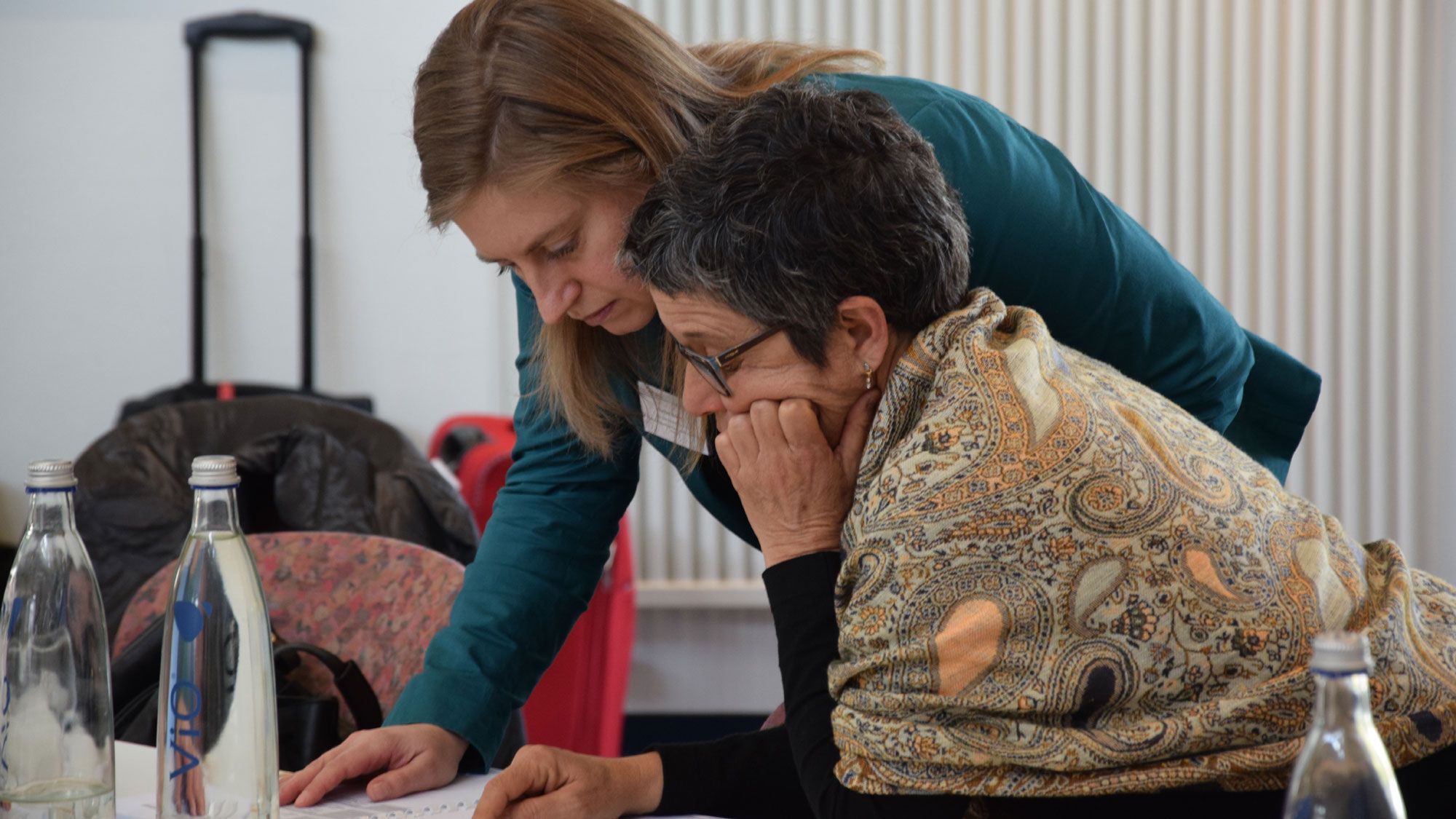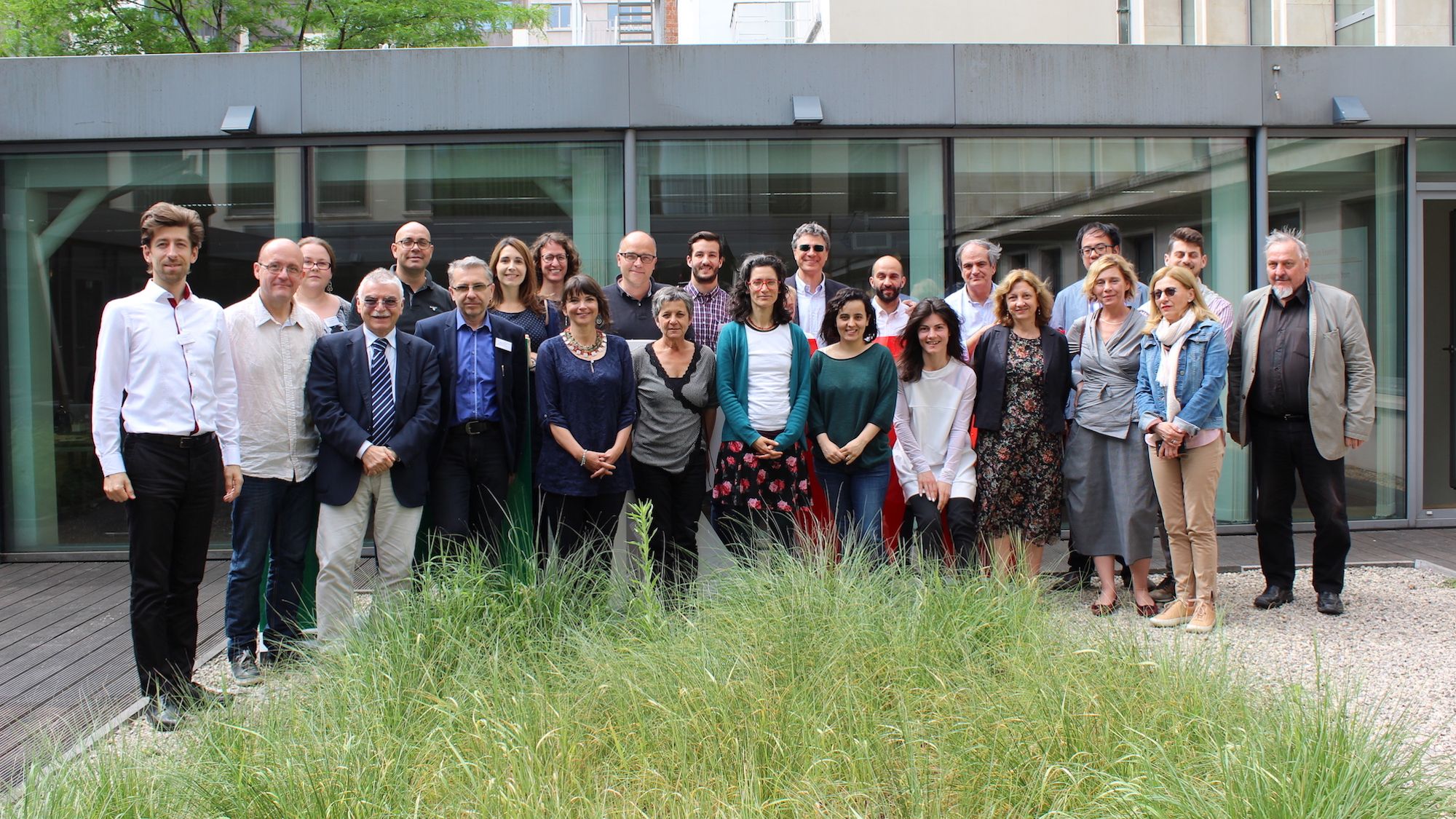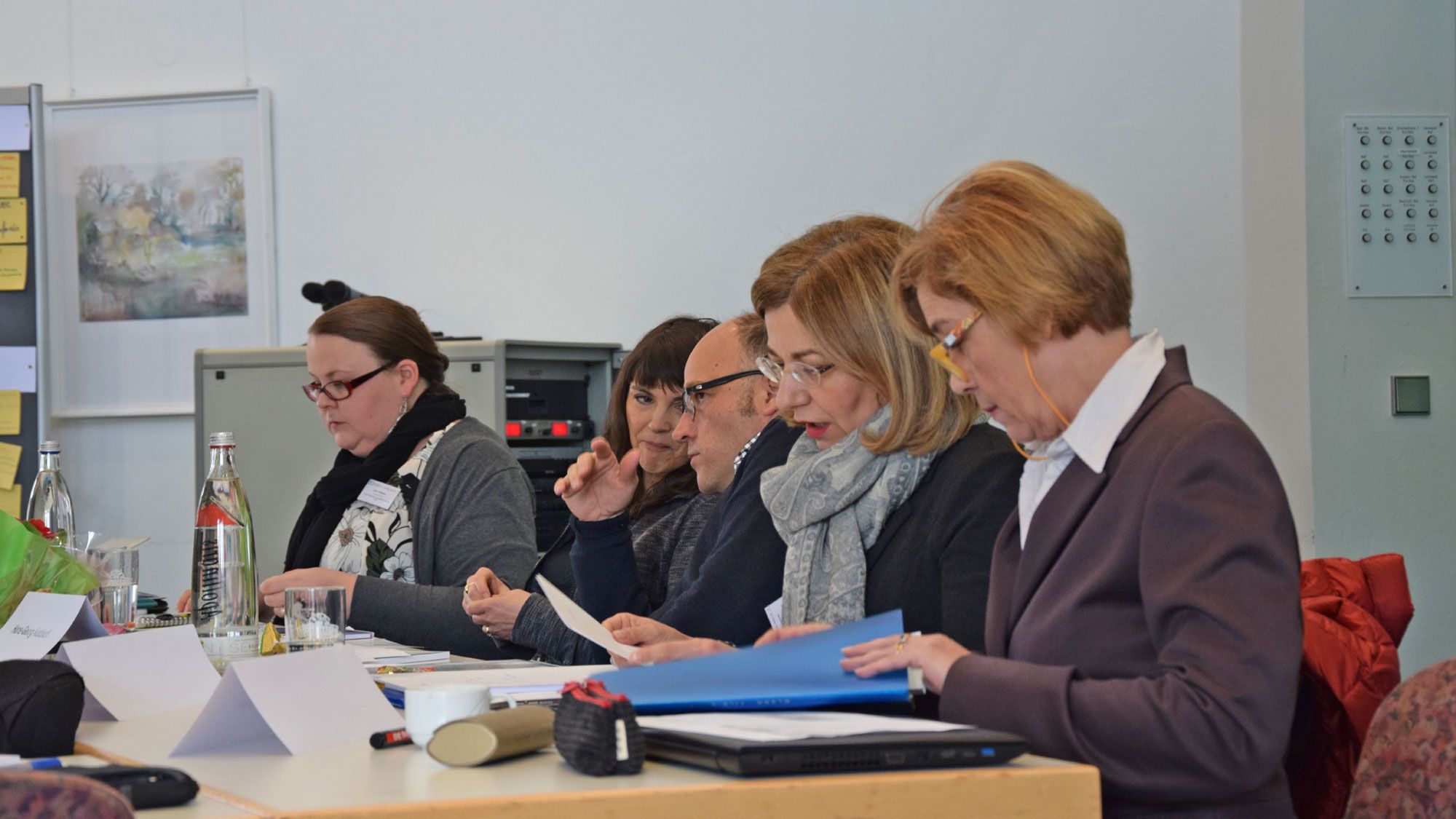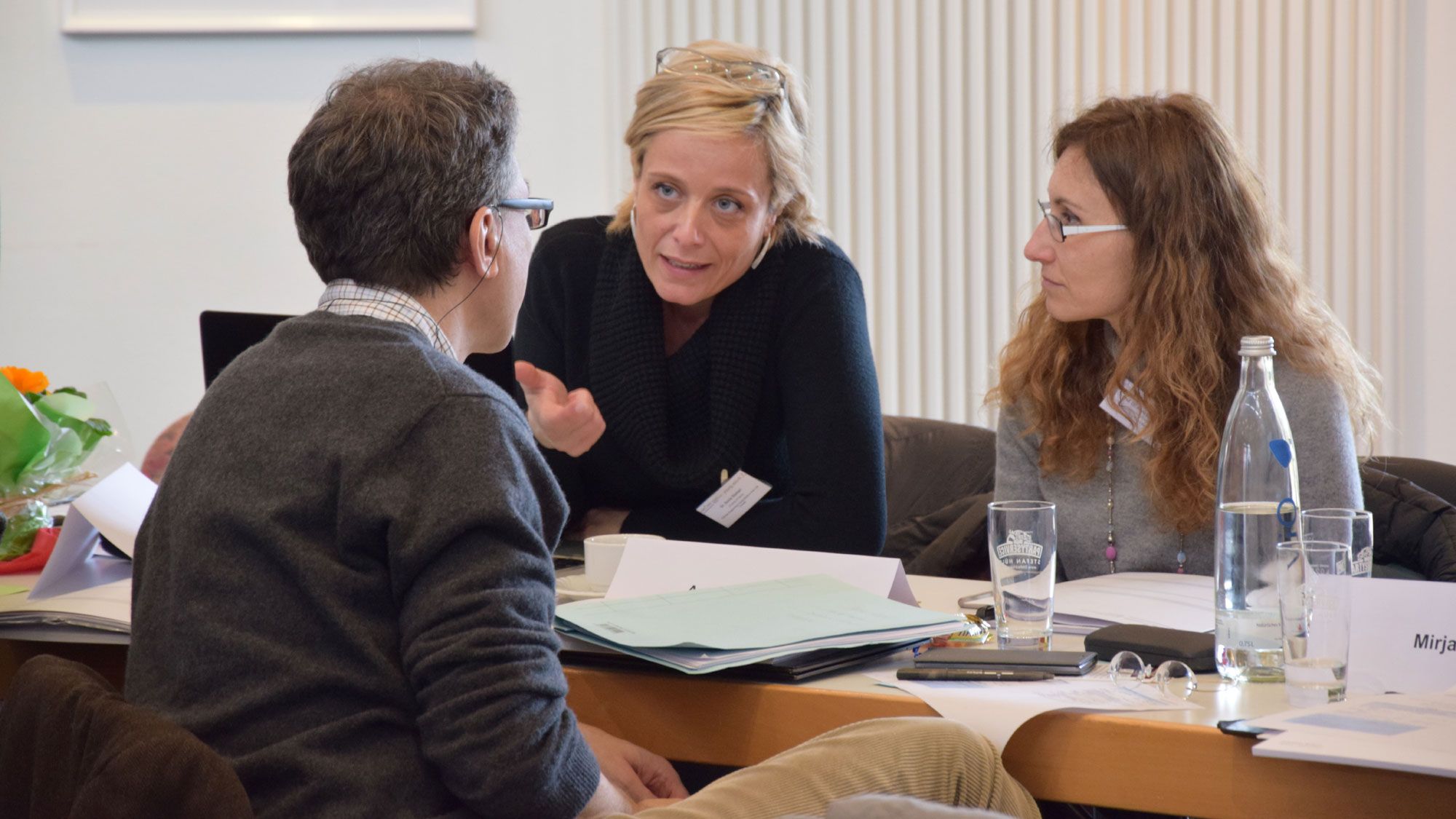Biography
Biography is ‘a story told in the present about events and experiences in a person’s life in the past and her/his expectations for the future’ (Kohli, 1981). Biography is not a simple chain of life events but rather is a “told life”, that is, it involves a subjective meaning-making with regard to the individual shape of the life-course. At the same time biography is shaped by the interplay between agency and structure and its understanding requires the ability ‘to hear, behind the sole of a human voice, the music of society in the background’ (Bertaux, 1990).
The biographical approach has become widely recognized since the seventies of the last century in European social research in general, but especially in gender studies and youth sociology, meaning: being susceptible for “first order constructions” as the basis for making scientific interpretations as “second order constructions”. This approach criticises a positivistic understanding of social phenomena and takes into serious account what especially feminists demand for social research and practice: to take into account the dimension of subjective experience. Epistemologically, the roots of the biographical approach lay in symbolic interactionism, pragmatism and the Chicago School which have in common a dialectic instead of a dualistic understanding of the relationship between individual and society respectively structure and agency. This allows for a critical re-construction of processes in which all dimensions of “doing difference” can be de- respectively re-constructed. With open interview methods this approach gives (young) women and men space to reflect on and reconstruct their lives; however, analytical interest is not restricted to individual agency but concerns the interplay of structure and agency: It regards biographies as radical documents of sociality.
References
Alheit, P. & Dausien, B. (2000). ‚Biographicity’ as a basic resource of lifelong learning, in Alheit, P. (Ed.) Lifelong Learning inside and outside schools, Roskilde: Roskilde University, University of Bremen and University of Leeds, pp. 400-422.
Apitzsch, U., Bornat, J. & Chamberlayne, P. (Eds.). (2004). Biographical analysis and professional practice, The Policy Press: Bristol.
Bertaux, D. (1990). “Oral history approaches to an international social movement”, in Øyen, E. (Ed.) Comparative Methodology, London: Sage, pp. 158–170.
Kohli, M. (1981). Biography: account, text, method, in Bertaux, D. (Ed) Biography and society, London: Sage, pp. 61-75.
This entry is a revised version of the one in the Up2Youth Glossary: http://up2youth.org/content/view/18/40/index.html.
(Siyka Kovacheva)






